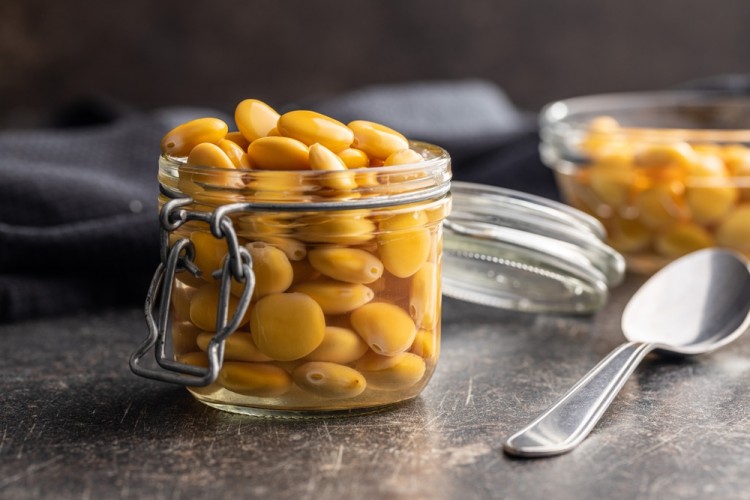
Bittersweet Lupin for Diabetics
Bittersweet lupin, also known as “Al-Turmus Al-Murr,” is a nutritious legume that offers several health benefits, particularly for people with diabetes. This article explores the advantages of including bittersweet lupin in your diet and how it can aid in managing blood sugar levels.
What is Bittersweet Lupin?
Bittersweet lupin is a legume native to the Mediterranean region and has been consumed for centuries. It is known for its high protein content and rich fiber that contribute to its health benefits.
Health Benefits for Diabetics
1. **Blood Sugar Control:** Bittersweet lupin can help stabilize blood sugar levels due to its low glycemic index, making it a suitable choice for those managing diabetes.
2. **High Fiber Content:** The high fiber content in bittersweet lupin aids digestion and slows down sugar absorption, helping prevent spikes in blood glucose levels.
3. **Rich in Nutrients:** This legume is packed with vitamins and minerals such as magnesium, which is crucial for metabolic processes and improving insulin sensitivity.
How to Incorporate Bittersweet Lupin in Your Diet?
There are several ways to enjoy bittersweet lupin:
- Add cooked lupin seeds to salads.
- Incorporate them into soups or stews for added nutrition.
- Use lupin flour as a gluten-free alternative in baking recipes.
- Snack on roasted lupin seeds as a healthy alternative to traditional snacks.
Possible Side Effects
While bittersweet lupin is generally safe, some people may experience allergic reactions or gastrointestinal issues. It’s advisable to consult with a healthcare provider before significantly increasing its consumption.
FAQ
1. What is the glycemic index of bittersweet lupin?
The glycemic index of bittersweet lupin is low, making it useful for controlling blood sugar levels.
2. Can people with diabetes eat bittersweet lupin?
Yes, bittersweet lupin is safe and beneficial for people with diabetes due to its low glycemic index and high fiber content.
3. How should I prepare bittersweet lupin?
Bittersweet lupin can be cooked, roasted, or ground into flour for various recipes.
4. Is there any risk of allergic reactions?
Some individuals may experience allergies to legumes, including lupin, so it’s wise to test small amounts first.
5. Can bittersweet lupin help with weight management?
Yes, due to its high fiber content, it can promote satiety and may aid in weight management.
6. Where can I buy bittersweet lupin?
Bittersweet lupin can be found in health food stores or purchased online in seed or flour form.
7. How much bittersweet lupin can I incorporate into my diet?
It is generally safe to include a handful of cooked lupin seeds in meals, but consult with a healthcare provider for personalized advice.
8. Are there any nutritional differences between lupin seeds and flour?
Lupin flour retains similar nutritional properties but is more concentrated; however, cooking whole seeds can also provide fiber and other nutrients.



